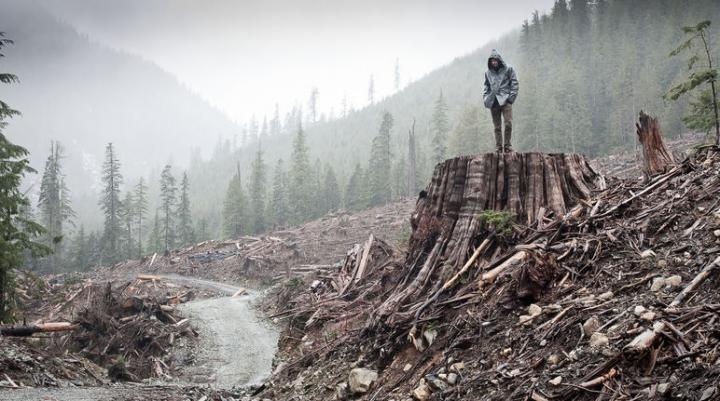
Credit: TJ Watt
A failure by governments to deliver on commitments under a global nature conservation treaty, the Convention on Biological Diversity, could have devastating effects.
The warning comes after a consortium of scientists, led by Dr Sean Maxwell and Professor James Watson from The University of Queensland, reviewed national area-based conservation efforts, including protected areas.
In 2010, almost all nations agreed that area-based conservation efforts must cover at least 17 per cent of land and 10 per cent of ocean by 2020, in areas that are important for biodiversity and ecosystem services.
“We reviewed progress toward this target by overlaying maps of protected areas on natural ecosystems, threatened species, carbon services on land and sea and fisheries productivity in the world’s oceans,” Dr Maxwell said.
“We found some welcome progress – particularly in the marine realm – since global environmental targets were agreed.
“But terrestrial protected area expansion needed to be double what it was in the past decade in order to achieve 17 per cent coverage for land and freshwater environments.
“There is also alarming shortfalls in ecological representation and management effectiveness, and measurable biodiversity outcomes persist in area-based conservation efforts.
“We found that 78 per cent of known threatened species and more than half of all ecosystems on land and sea remain without adequate protection.
“And seven of the world’s most productive at-sea fisheries have no formal protected area coverage.”
The researchers also reviewed how effective and equitable protected area management has been, given these criteria featured in the 2010 targets.
“We know that adequately funding protected areas are one of our best tools for reducing threats to biodiversity,” Dr Maxwell said.
“Yet the current financial shortfall for area-based conservation likely exceeds the multi-billion dollar mark, and as much as 90 per cent have inadequate or below optimum on-site staff capacity.
Professor Watson, of UQ and the Wildlife Conservation Society, said the next round of conservation targets, which were meant to be set this year, is fundamental to the future of global biodiversity.
“It is obvious that governments have dramatically underinvested in protected areas and been weak in legally protecting them,” Professor Watson said.
“For biodiversity to have any chance to survive climate change, nations must invest more resources in consolidating area-based conservation efforts and ensuring biodiversity conservation is a far stronger part of managed land and seas.
“There are significant opportunities to better recognise and support conservation by indigenous peoples, local communities and private actors, and we now need to embrace new models for land stewardship that rewards good behaviour by farmers, developers and miners.”
###
The research has been published in Nature (DOI: 10.1038/s41586-020-2773-z).
Media Contact
Dr Sean Maxwell
[email protected]
Related Journal Article
http://dx.




